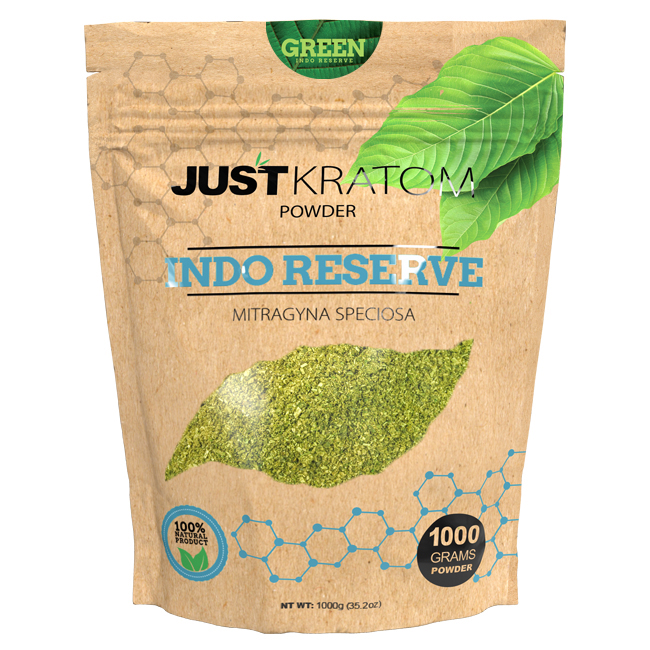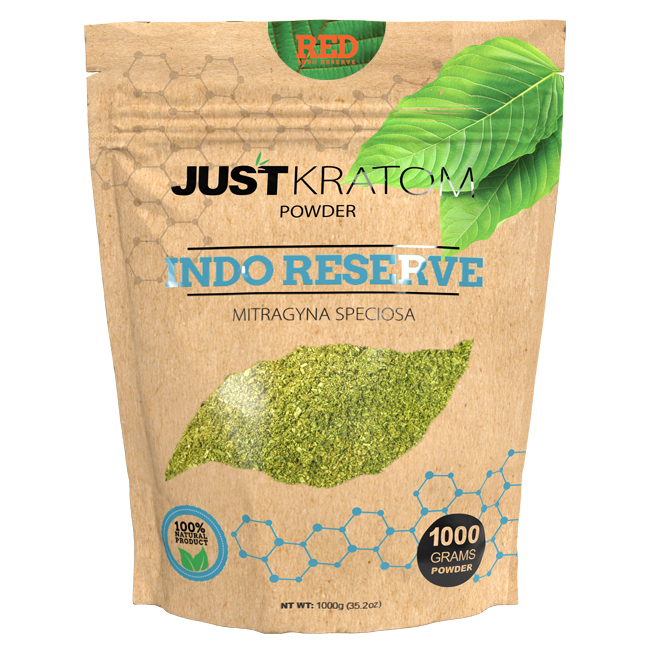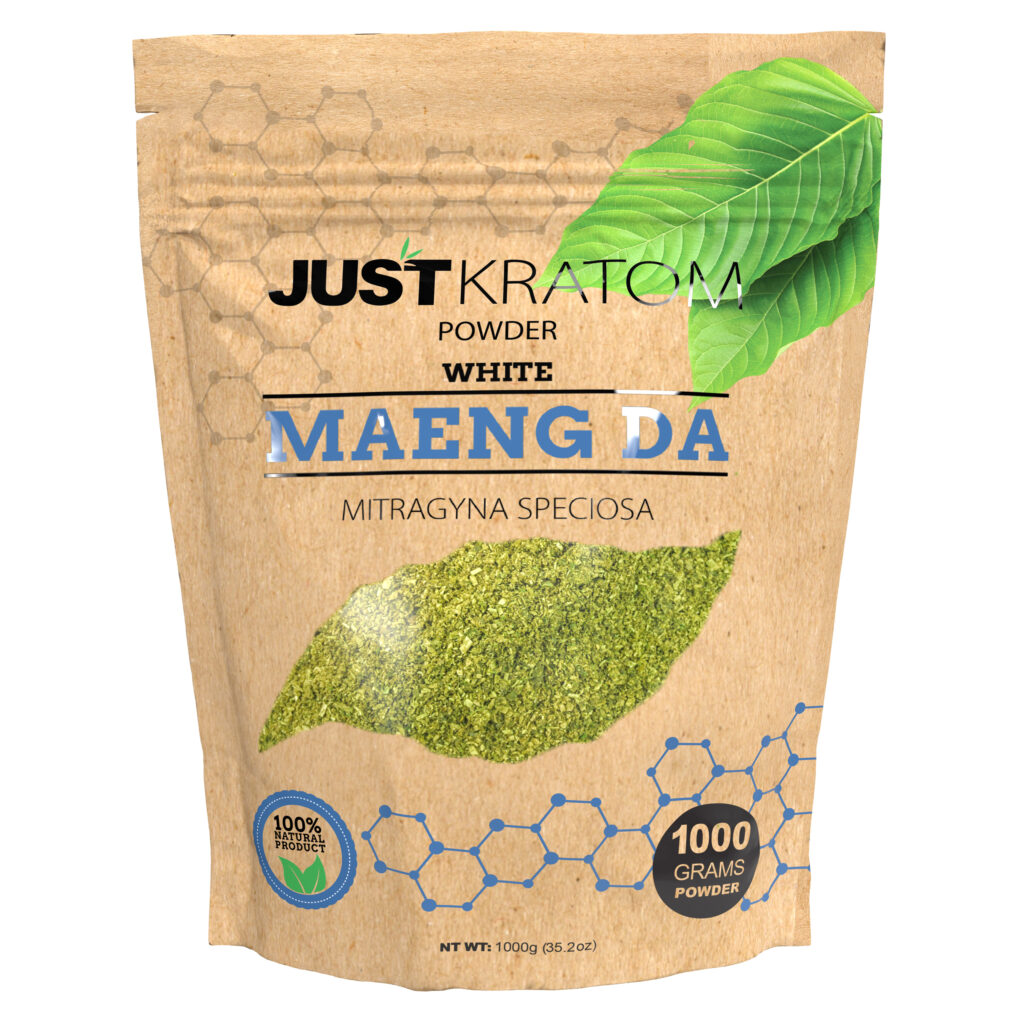Understanding Kratom’s Effects on Anxiety and Stress
Kratom, a tropical plant native to Southeast Asia, has gained popularity for its potential benefits in managing anxiety and stress. Its active compounds, mitragynine and 7-hydroxymitragynine, interact with opioid receptors in the brain, producing both stimulating and sedative effects depending on the dose. Understanding how Kratom’s unique properties influence mood and cognition is crucial for individuals considering its use for anxiety and stress management.
How Kratom Interacts with the Brain
Kratom’s effects on anxiety and stress are complex and depend heavily on the dosage consumed. At lower doses, mitragynine and 7-hydroxymitragynine can stimulate opioid receptors in the brain, leading to increased energy, alertness, and sociability. These effects can be beneficial for individuals experiencing mild anxiety or stress by providing a sense of calmness and focus. However, at higher doses, Kratom’s activity shifts towards the sedative side, potentially inducing relaxation and pain relief. This can be helpful for managing moderate to severe anxiety or stress, as it may reduce feelings of overwhelm and promote a sense of tranquility.
It’s important to note that these effects are subjective and vary greatly from person to person. Factors such as individual tolerance, metabolism, and the specific strain of Kratom used can all influence the experience. While Kratom shows promise as a natural remedy for anxiety and stress, it’s crucial to approach its use with caution. Consulting a healthcare professional is recommended before incorporating Kratom into any treatment plan, especially if you have pre-existing medical conditions or are taking other medications.
Different Strains and Their Effects
Kratom comes in various strains, each with unique alkaloid profiles that can influence its effects on anxiety and stress. Red vein Kratom strains are often associated with sedative effects, making them potentially helpful for managing anxiety and promoting relaxation. Green vein Kratom strains tend to offer a balanced experience, providing both energizing and relaxing properties, which may be suitable for individuals experiencing mild to moderate stress.
White vein Kratom strains are generally known for their stimulating effects, potentially enhancing focus and alertness. While these strains might not be the best choice for direct anxiety relief, they could help manage stress by improving cognitive function and reducing feelings of mental fatigue.
Safe Usage Practices for Kratom Powder
Kratom, a tropical plant native to Southeast Asia, has become increasingly popular as a natural remedy for anxiety and stress. Its active compounds, mitragynine and 7-hydroxymitragynine, interact with opioid receptors in the brain, producing effects that range from stimulating to sedative depending on the dose. Understanding how Kratom’s unique properties influence mood and cognition is essential for individuals considering its use.
Choosing a Reputable Supplier
When using Kratom powder for anxiety and stress management, it’s crucial to prioritize safety.
- Start with a low dose and gradually increase it until you find the optimal level for managing your symptoms.
- Avoid mixing Kratom with alcohol or other drugs, as this can increase the risk of adverse effects.
- Be aware that Kratom can interact with certain medications, so consult with your healthcare provider before using it if you are taking any prescription drugs.
Choosing a reputable supplier is essential for ensuring the quality and safety of your Kratom powder.
- Look for suppliers who offer third-party lab testing results, which verify the purity and potency of their products.
- Read online reviews from other customers to get an idea of the supplier’s reputation and product quality.
- Choose suppliers who prioritize ethical sourcing practices and sustainable harvesting methods.
Starting Dosage and Gradual Increase
Starting dosages for Kratom powder can vary significantly depending on individual factors such as weight, metabolism, and tolerance. A good starting point is a very small dose, around 1-2 grams.
Gradually increase the dose every few hours until you experience the desired effects. It’s important to listen to your body and avoid exceeding recommended dosages.
Remember that Kratom affects everyone differently, so finding your optimal dose may take some experimentation.
Monitoring Your Body’s Response
When using Kratom powder for anxiety and stress management, it’s crucial to prioritize safety. Start with a low dose and gradually increase it until you find the optimal level for managing your symptoms.
Avoid mixing Kratom with alcohol or other drugs, as this can increase the risk of adverse effects.
Be aware that Kratom can interact with certain medications, so consult with your healthcare provider before using it if you are taking any prescription drugs.
Choosing a reputable supplier is essential for ensuring the quality and safety of your Kratom powder. Look for suppliers who offer third-party lab testing results, which verify the purity and potency of their products.

Read online reviews from other customers to get an idea of the supplier’s reputation and product quality.
Choose suppliers who prioritize ethical sourcing practices and sustainable harvesting methods.
Starting dosages for Kratom powder can vary significantly depending on individual factors such as weight, metabolism, and tolerance. A good starting point is a very small dose, around 1-2 grams.
Gradually increase the dose every few hours until you experience the desired effects. It’s important to listen to your body and avoid exceeding recommended dosages.
Remember that Kratom affects everyone differently, so finding your optimal dose may take some experimentation.
Potential Side Effects and Contraindications
Kratom powder is a controversial substance with potential benefits and risks. It’s crucial to understand its potential side effects and contraindications before considering use.
Potential side effects of Kratom can include nausea, vomiting, constipation, dizziness, headache, increased heart rate, and itching. In higher doses or with prolonged use, Kratom can lead to more serious issues such as seizures, respiratory depression, liver damage, and addiction.
Kratom is contraindicated for individuals with opioid dependence or a history of addiction. It should also be avoided by pregnant women, nursing mothers, and people with certain medical conditions, including liver disease, heart problems, or glaucoma.
It’s important to note that Kratom’s safety profile is not fully understood, and research on its long-term effects is limited. Always consult with a healthcare professional before using Kratom, especially if you have any pre-existing medical conditions or are taking medications.
Integrating Kratom into a Holistic Approach
Incorporating Kratom into a holistic approach to well-being requires careful consideration and understanding of its potential benefits and risks. This ancient Southeast Asian plant has gained attention for its possible anxiolytic and stress-reducing effects, attributed to its active compounds mitragynine and 7-hydroxymitragynine which interact with opioid receptors in the brain.
Combining Kratom with Other Therapies

While Kratom can offer potential benefits for anxiety and stress management, it’s crucial to remember that it’s not a standalone solution. Integrating Kratom effectively involves combining it with other therapeutic approaches for a well-rounded approach to mental well-being.
Mindfulness practices like meditation and deep breathing exercises can complement Kratom’s effects by promoting relaxation and reducing stress hormones. Combining these techniques can create a synergistic effect, enhancing both physical and mental calmness.
Regular exercise is another valuable component of a holistic approach to managing anxiety and stress. Physical activity releases endorphins, natural mood boosters that can counteract feelings of overwhelm and tension. Engaging in enjoyable physical activities like walking, swimming, or yoga can complement Kratom’s effects by promoting overall well-being.
Dietary adjustments can also play a role in supporting mental health. Consuming a balanced diet rich in fruits, vegetables, whole grains, and lean protein provides the body with essential nutrients that support brain function and emotional regulation. Limiting processed foods, sugary drinks, and caffeine can help stabilize mood and reduce anxiety.
Seeking professional guidance from a therapist or counselor can be invaluable for individuals struggling with anxiety or stress. A therapist can provide personalized coping strategies, address underlying issues, and offer support throughout the healing process. Combining Kratom with therapy allows for a comprehensive approach that addresses both the physical and psychological aspects of mental well-being.
Lifestyle Modifications for Stress Management
Integrating Kratom into a holistic approach to well-being requires careful consideration and understanding of its potential benefits and risks. This ancient Southeast Asian plant has gained attention for its possible anxiolytic and stress-reducing effects, attributed to its active compounds mitragynine and 7-hydroxymitragynine which interact with opioid receptors in the brain.
While Kratom can offer potential benefits for anxiety and stress management, it’s crucial to remember that it’s not a standalone solution. Integrating Kratom effectively involves combining it with other therapeutic approaches for a well-rounded approach to mental well-being.
Mindfulness practices like meditation and deep breathing exercises can complement Kratom’s effects by promoting relaxation and reducing stress hormones. Combining these techniques can create a synergistic effect, enhancing both physical and mental calmness.
Regular exercise is another valuable component of a holistic approach to managing anxiety and stress. Physical activity releases endorphins, natural mood boosters that can counteract feelings of overwhelm and tension. Engaging in enjoyable physical activities like walking, swimming, or yoga can complement Kratom’s effects by promoting overall well-being.
Dietary adjustments can also play a role in supporting mental health. Consuming a balanced diet rich in fruits, vegetables, whole grains, and lean protein provides the body with essential nutrients that support brain function and emotional regulation. Limiting processed foods, sugary drinks, and caffeine can help stabilize mood and reduce anxiety.
Seeking professional guidance from a therapist or counselor can be invaluable for individuals struggling with anxiety or stress. A therapist can provide personalized coping strategies, address underlying issues, and offer support throughout the healing process. Combining Kratom with therapy allows for a comprehensive approach that addresses both the physical and psychological aspects of mental well-being.
Responsible Consumption and Legal Considerations
Responsible consumption of Kratom powder is essential when exploring its potential benefits for anxiety and stress management. It’s crucial to start with low doses, gradually increasing as needed, and to avoid mixing it with alcohol or other drugs.
Legal considerations surrounding Kratom vary by location. Some countries have banned its use, while others have regulations regarding its sale and possession. Consumers should research the legal status of Kratom in their specific region and ensure they are complying with all applicable laws.
Ethical Sourcing and Sustainability
Responsible consumption of Kratom powder is essential when exploring its potential benefits for anxiety and stress management. It’s crucial to start with low doses, gradually increasing as needed, and to avoid mixing it with alcohol or other drugs.
Legal considerations surrounding Kratom vary by location. Some countries have banned its use, while others have regulations regarding its sale and possession. Consumers should research the legal status of Kratom in their specific region and ensure they are complying with all applicable laws.

Ethical sourcing and sustainability are paramount when considering Kratom consumption. Supplying companies should prioritize fair labor practices, environmental protection, and sustainable harvesting methods to minimize the impact on ecosystems and local communities. Consumers can support ethical sourcing by choosing suppliers who are transparent about their sourcing practices and hold certifications from reputable organizations.
Legality of Kratom in Different Regions
Responsible consumption of Kratom powder is essential when exploring its potential benefits for anxiety and stress management. It’s crucial to start with low doses, gradually increasing as needed, and to avoid mixing it with alcohol or other drugs.
Legal considerations surrounding Kratom vary significantly depending on your location. Some countries have completely banned Kratom, while others have regulations regarding its sale, possession, and even the potency of products sold.
Consumers should always research the specific laws in their region to ensure they are complying with all applicable regulations. Using Kratom where it is illegal can result in serious legal consequences.
Ethical sourcing and sustainability are paramount when considering Kratom consumption. Supplying companies should prioritize fair labor practices, environmental protection, and sustainable harvesting methods to minimize the impact on ecosystems and local communities. Consumers can support ethical sourcing by choosing suppliers who are transparent about their sourcing practices and hold certifications from reputable organizations.
Buy Kratom Powder with confidence
- Kratom Energy Drinks And Their Potential Benefits For Gallbladder Health - May 22, 2025
- THC Drinks That Actually Taste Like Lemonade - May 21, 2025
- Jaw Fillers For A Defined Jawline Near Thursley, Surrey - May 20, 2025
